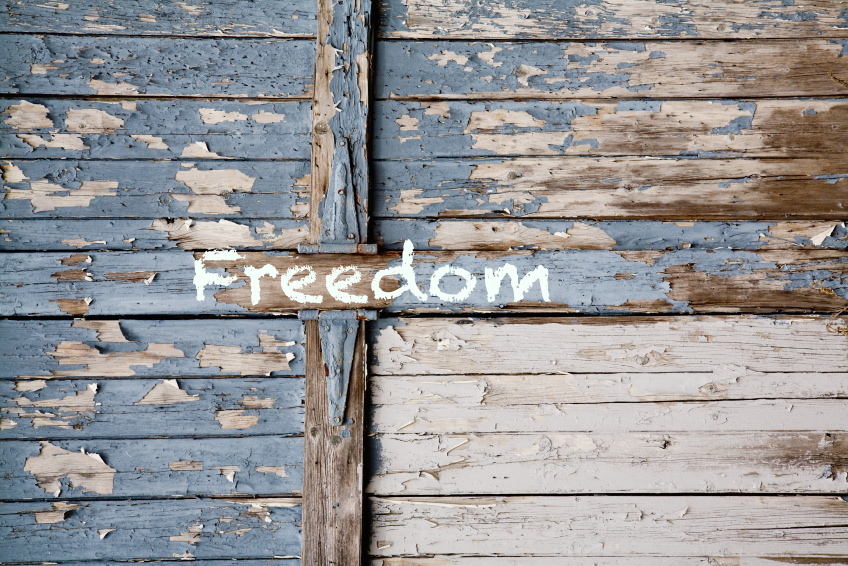Alcohol and Drug Addiction
Typically, the use of alcohol and other drugs begins in a minimal form. However, once someone comes to the realization that these substances can help them, they begin to use them as a means to lessen the suffering they have or are still experiencing. Alcohol and drug therapy and professional counseling are an essential part of the long-term recovery process when someone wants to gain the skills and education needed to maintain long-term abstinence. I can and will provide you with many learning and process-oriented opportunities needed to guide you on the path of recovery. These services include:
- Relapse prevention and psycho-education about long- term substance use
- Increased self-esteem
- Long-term psychotherapy
- Interpersonal communication skills
- Increased motivation for education and employment goals
- Trigger identification
- Stress and anger management
Clients would describe me as direct, passionate, and effective. People who work with me get better when they are ready to fully invest themselves into the future they desire. If you aren’t quite sure you’re ready, I can work to help you find the motivation you need. I have experience working with individuals in residential, outpatient, and private practice settings. I have additional training in working with domestic violence issues.
My approach is to try to meet the client where they are and to collaborate to determine goals for therapy, and how best to accomplish these. I incorporate the concepts of cognitive behavioral therapy, solution focused, motivational interviewing, mindfulness and EMDR into my practice. I am a strong believer in the mind/body connection, so attention is given to increasing your health mentally, physically and emotionally, confidence, comfort and feelings of safety that allow the healing process to begin.
"I am not what happened to me.....I am what I choose to become." -Carl G. Jung
HOW TO IDENTIFY ALCOHOL AND DRUG ADDICTION
Withdrawal
When you or some you love frequently frequently feels ill after a night of drinking alcohol or using drugs and this begins to impede on their daily functioning, addiction should come into the question. Individuals who are consistently calling out of work on Mondays or Fridays, or someone who appears unable to hold appointments or attend events, could be developing an alcohol or drug addiction as well. They are unable to make these appointments as a result of using too much of a substance and feeling the physical, mental, and emotional effects the next day.
Tolerance
Many of us have had the experience where we go out for a night and say “I’ll just have one tonight” and then it turns into a few more. However, for someone who is experiencing an addiction to alcohol or other substances, this becomes a regular occurrence. Additionally, with tolerance, an increase in attention to and spending money on alcohol or other drugs can be a secondary, or even, primary sign.
Interpersonal Changes
At times, people who are addicted to drugs and alcohol can change who they surround themselves with. This is especially common in teenage substance abuse. They can decrease attention given to family and close friends and begin to spend time with those who will refrain from healthy judgment or try to deter the person from using or drinking as much as they prefer to. Although typically unintentional, this can begin to have major effects on those close to them
Changes in Personality and Mood
Using substances for a long period of time or a large amount in a short period of time (sometimes called bingeing) can cause an imbalance in brain chemistry that causes an individual to act differently than ‘normal’. Lying, manipulation, and anger/stress can become a part of their daily living, whether or not those are typical characteristics of that individual.
"You are going to want to give up......Don't."


